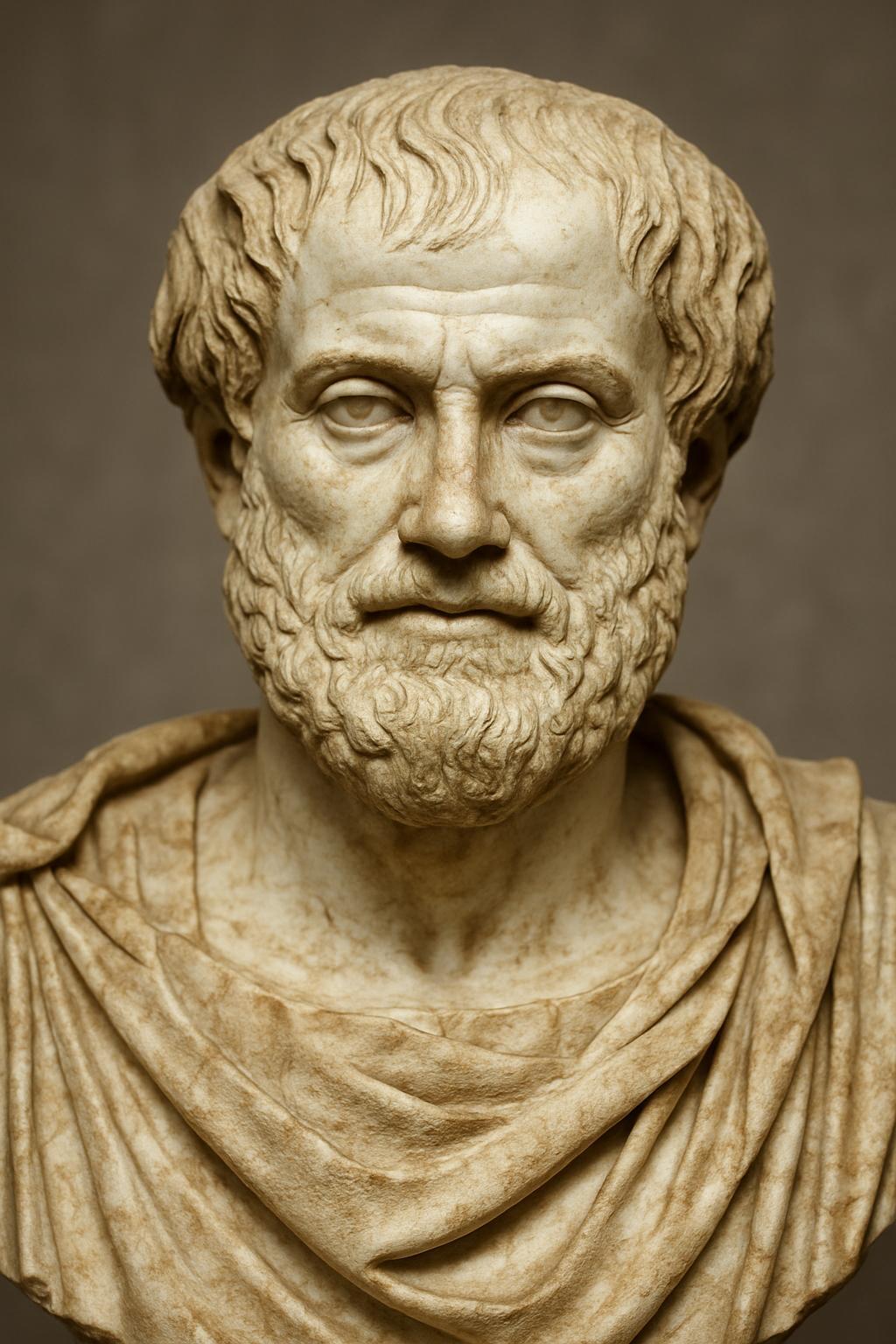
Thursday, August 7, 2025
Be a free thinker and don’t accept everything you hear as truth. Be critical and evaluate what you believe in.

In a world overflowing with opinions, half-truths, and information masquerading as fact, Aristotle’s message rings louder than ever. This quote, though paraphrased from the philosopher’s broader teachings, captures the essence of what he championed: the importance of free thought and the courageous pursuit of truth through reason.
But what does it really mean to be a “free thinker”? And why is it essential—not just in ancient philosophy, but in everyday modern life?
🧠 The Meaning: Don't Just Absorb—Evaluate
To be a free thinker means to take control of your intellectual life. Rather than passively absorbing the ideas, beliefs, and opinions of others, a free thinker approaches every new piece of information with curiosity, skepticism, and discernment.
It’s not about being cynical or contrarian. It’s about staying alert. It’s about asking:
Is this really true?
What evidence supports it?
Does this align with my values and experiences?
Am I believing this because it’s right—or because it’s comfortable?
When Aristotle says to “evaluate what you believe in,” he’s pointing us toward self-awareness and personal responsibility for our worldviews. After all, what you believe informs what you do—and what you do shapes who you become.
📜 Context and Origins: Aristotle’s Legacy of Reason
While this quote is often attributed directly to Aristotle, the exact wording does not appear in his surviving works. However, it undeniably captures the spirit of his teachings.
In his philosophical writings—especially in Nicomachean Ethics and Metaphysics—Aristotle emphasizes:
The use of reason as humanity’s highest faculty
The value of observation, questioning, and logical analysis
A deep reverence for truth, even when it challenges authority or tradition
He once wrote:
“Plato is dear to me, but dearer still is truth.”
Even as a student of Plato, Aristotle chose to follow truth over loyalty. That’s the mark of a true free thinker.
🌍 Why This Matters More Than Ever
In today’s digital age, the sheer volume of information we’re exposed to can feel overwhelming. With every scroll, swipe, or click, we’re met with:
Viral misinformation
Algorithm-driven echo chambers
Cultural or peer pressure to conform
If we don’t consciously engage in critical thinking, we become passive participants in our own beliefs—and ultimately, our own lives.
Aristotle’s advice reminds us: It’s not enough to think—you must think well.
🔍 Key Takeaways for Everyday Life
Question Authority (Respectfully): Don't accept something just because it comes from someone powerful or popular.
Examine Your Beliefs: Are they truly yours, or inherited from others without reflection?
Stay Curious: Be open to learning, updating your views, and seeing things from multiple angles.
Prioritize Truth Over Comfort: Growth often comes when you challenge what you once assumed to be true.
📚 Further Reading: Resource List
Here are some recommended resources to help you strengthen your ability to think freely and critically:
Books
Thinking, Fast and Slow – Daniel Kahneman
The Demon-Haunted World: Science as a Candle in the Dark – Carl Sagan
How to Read a Book – Mortimer J. Adler and Charles Van Doren
The Nicomachean Ethics – Aristotle
Critical Thinking: Tools for Taking Charge of Your Learning and Your Life – Richard Paul & Linda Elder
Podcasts
The Skeptics’ Guide to the Universe – Focuses on rational inquiry and science-based thinking
Philosophize This! – Accessible and engaging breakdowns of philosophical ideas, including Aristotle’s
Videos
CrashCourse Philosophy (YouTube) – Bite-sized lessons on philosophical topics
Wireless Philosophy: Aristotle’s Ethics – Engaging animations and explanations
Websites
Final Thought
To live authentically, you must think freely. To think freely, you must think critically.
Aristotle’s timeless wisdom isn’t just about logic or philosophy—it’s about living a conscious, examined, and meaningful life.
In the end, being a free thinker isn’t just an intellectual choice.
It’s a courageous act of self-respect.

